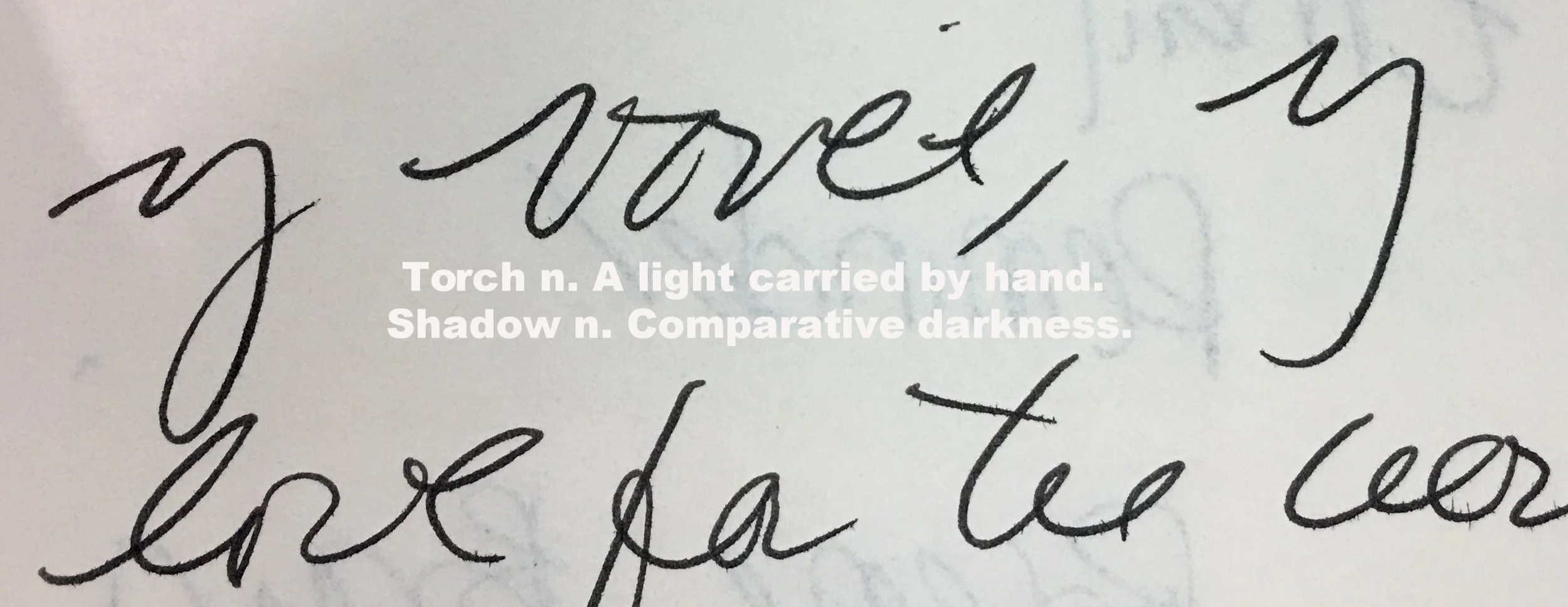So now I’m thinking about predators, the good ones, and how they help.
We use the word “predator” to mean a bad person- someone who ‘preys on’ children, women, people with less power in this system. In this patriarchy.
My sweetheart doesn’t love the word ‘patriarchy.’ He is a feminist, and still that word makes him think that all men are villains in the story, which I get. I think the construction of words is important; that word says men on top, but it implies men as villains. I get it, I still use it, he still notices that he doesn’t like the word but agrees with the ideas.
(This is the stuff that straight love is made of. I am dead serious.)
The ideas are that the patriarchy gives us gender and race-based roles:
- White men: be emotionless earners. Control all the stuff.
- White women: be pretty and submissive and you can have some of the stuff. (And I might not hurt you.)
- People of color: be invisible and obedient and I might not kill you.
- Transgender people: choose.
This is a system of domination and violence and inhumanity and evil and waste.
The opposite is the wild, which is a system of interdependence, cooperation and competition, and rebel innovation.
When Clarissa Pinkola Estés talks about the myth of Bluebeard in her book Women Who Run with the Wolves, she calls Bluebeard a predator. This is part of what caught my attention back in November when my client said “I need a new myth” and I went looking. #Metoo was exploding. A myth about the price we pay to predators just to survive?
Fuck, yeah!
But then I remember how I feel about real predators, wild predators. And it occurred to me that Bluebeard – the dude who has all the stuff and requires his wife to ignore her own voice in order to live in his mansion and then tries to kill he when she opens the door she shouldn’t open – he’s not a predator.
He’s the patriarchy.
A predator is the antidote.
A predator is part of the wild. A predator is a keeper and a servant and a sign of a thriving ecosystem, of interdependence at work.
And a predator is desire. Is willingness to hunt and pursue and fiercely want. A predator is a mother bear’s willingness to defend the home and the young. And a she-otter’s ability to hunt what she needs and then not need anymore stuff and just play.
(Have you ever seen an otter just belly-slide in the snow. No? Let’s change that right now, shall we? No wait. Now I've gone down the cute otter video rathole... This one made me laugh out loud and grin from ear to ear and lean forward. Like a predator! Okay. I'm stopping. Time to be serious again. This is serious!)
A predator is the opposite of white female privilege, which is all about trading desire for stuff.
So as part of my work with this myth, I will be working with a predator for the year. A predator who I can know, have contact with. A predator who has answered me, in the dark of night, when I played my frame drum in my front yard. A predator who has the qualities that I have at my best: precise, far-seeing, fearless, beautiful.
For this year, until the winter solstice, I dedicate myself to Owl.

